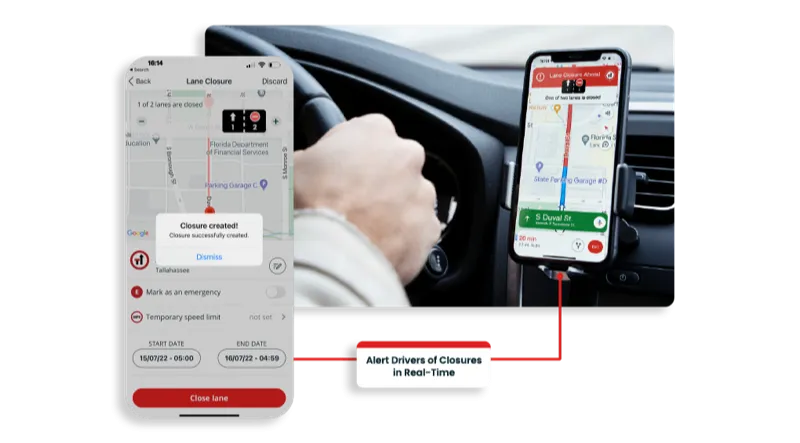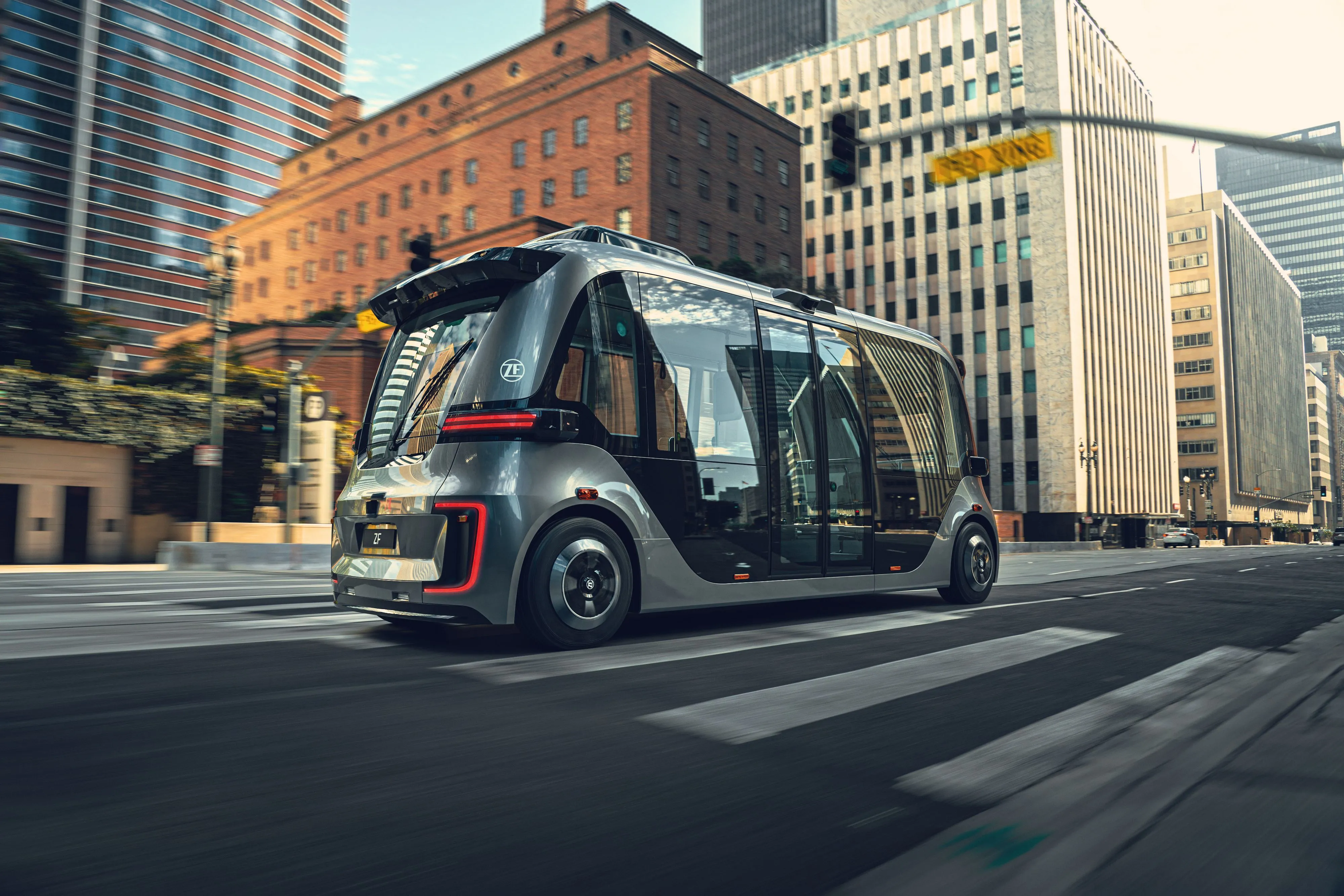Pursuing goals of zero emission vehicles and zero fatalities on the road, Nissan has unveiled its vision for intelligent mobility, based on safety innovations through autonomous technology such as high-stability control and high-reliability drive systems.
At the core of Nissan intelligent mobility are three areas of innovation: Nissan Intelligent Driving spearheaded by Nissan’s autonomous drive technology, Piloted Drive, Nissan Intelligent Power and Nissan Intelligent Integration.
Many of these advanc
March 11, 2016
Read time: 2 mins
Pursuing goals of zero emission vehicles and zero fatalities on the road, 838 Nissan has unveiled its vision for intelligent mobility, based on safety innovations through autonomous technology such as high-stability control and high-reliability drive systems.
At the core of Nissan intelligent mobility are three areas of innovation: Nissan Intelligent Driving spearheaded by Nissan’s autonomous drive technology, Piloted Drive, Nissan Intelligent Power and Nissan Intelligent Integration.
Many of these advances are already available with Nissan’s Safety Shield technologies such as lane departure warning and forward emergency braking; Nissan plans to extend this into autonomous drive technologies, available to all customers on core models in the range.
Nissan will launch multiple vehicles with autonomous drive technology in the next four years in Europe, the United States, Japan and China.
The technology will be installed on mainstream, mass-market cars at affordable prices and the first model will come to Japan this year. An on-road demonstration event in Europe in 2016 will showcase Nissan’s autonomous drive technology. In 2017, the Nissan Qashqai will become the first Piloted Drive vehicle available in Europe.
At the core of Nissan intelligent mobility are three areas of innovation: Nissan Intelligent Driving spearheaded by Nissan’s autonomous drive technology, Piloted Drive, Nissan Intelligent Power and Nissan Intelligent Integration.
Many of these advances are already available with Nissan’s Safety Shield technologies such as lane departure warning and forward emergency braking; Nissan plans to extend this into autonomous drive technologies, available to all customers on core models in the range.
Nissan will launch multiple vehicles with autonomous drive technology in the next four years in Europe, the United States, Japan and China.
The technology will be installed on mainstream, mass-market cars at affordable prices and the first model will come to Japan this year. An on-road demonstration event in Europe in 2016 will showcase Nissan’s autonomous drive technology. In 2017, the Nissan Qashqai will become the first Piloted Drive vehicle available in Europe.









